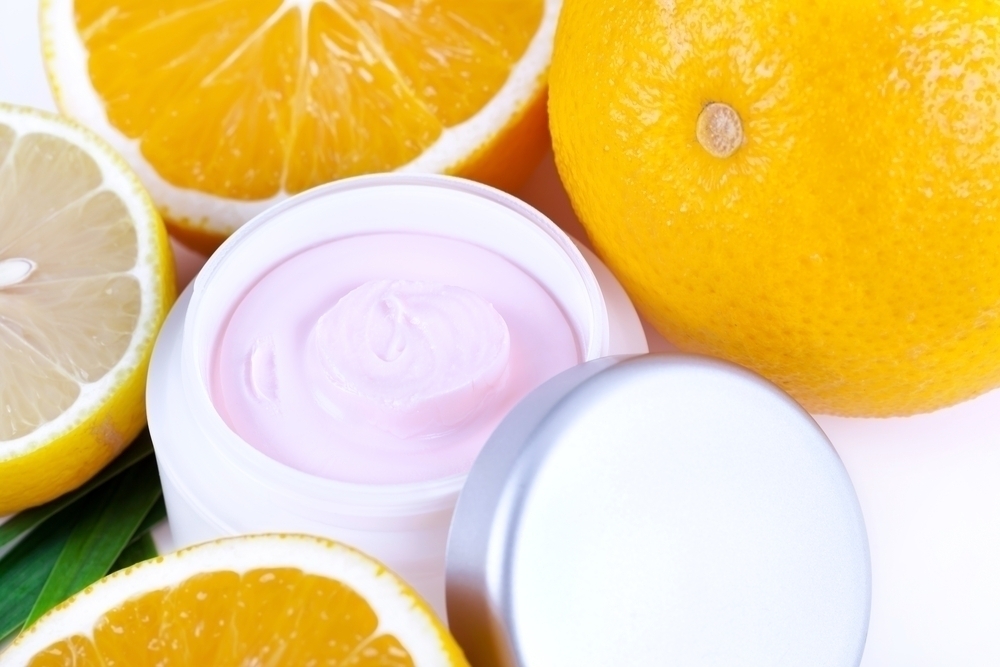
Why Vitamin C is Vital for the Skin
Everyone knows that vitamin C is an essential vitamin for your body. It helps support healthy immune function as well as the formation and growth of tissues all over the body. You know you need a healthy immune system to fight off colds and infections, but you may not know why vitamin C is a vital element in keeping your skin healthy and looking great.
Vitamin C is not a new ingredient when it comes to skin care, and there is good reason for this. This powerful antioxidant has decades worth of studies and research on the benefits it provides to your skin and body. The most frequently researched form of vitamin C in skin and beauty products is ascorbic acid, although other forms of vitamin C are just as beneficial to your skin.

Your skin needs vitamin C to help fight damage from harmful free radicals and to maintain and improve collagen in your skin. Free radical damage is often the result of harmful environmental factors such as sun damage and pollutants in the air around you. Vitamin C, particularly when applied topically, helps fight against the damage that free radicals cause during the process of oxidation. Additionally, research suggests that using vitamin C boosts the effectiveness of your sunscreen providing better protection from harmful UV rays.
Collagen is an essential part of keeping youthful, healthy, radiant-looking skin. Collagen provides a bit of strength to the skin as well as improving the elasticity. It is this strength and elasticity that helps fight wrinkles and keeps the skin looking full and plump rather than wrinkly and saggy. Vitamin C is an important factor in the production of and maintenance of collagen in your skin.
One of the greatest aspects of vitamin C is that you do not need to concern yourself with high concentrations of it to receive the skin benefits. Properly formulated, vitamin C helps to:
- Reduce and fade the appearance of brown, aging and sun spots
- Increase the skin’s natural healing response
- Fade post-breakout or acne marks
- Increase healthy collagen production
- Minimize both irritation and inflammation on the skin
- Enhance the effectiveness of other skin care ingredients such as vitamins A and E, as well as boosting the effectiveness of your sunscreen.
While vitamin C is absolutely vital to achieving the healthiest looking skin, it is important to note that as with all ingredients, it is most effective when used in combination with other antioxidants. As previously mentioned, vitamins A and E work excellently with the essential vitamin C. Your skin has a multitude of functions, many of which vitamin C helps or enhances. It increases the skin’s healing response as well as improving the barrier function of your skin. Because you cannot fully avoid damage from free radicals, it is imperative to have an ingredient that fights the damage and gives you protection from signs of aging.

You can also receive vitamin C from your diet by eating foods such as citrus and tropical fruits and certain vegetables. Pineapple, papaya, red pepper and broccoli are all excellent sources of vitamin C. If you feel you aren’t getting enough through diet, consult with your doctor about a vitamin C supplement. And of course, look for beauty products that include vitamin C so you can apply it topically and reap the rewards that it offers skin.



